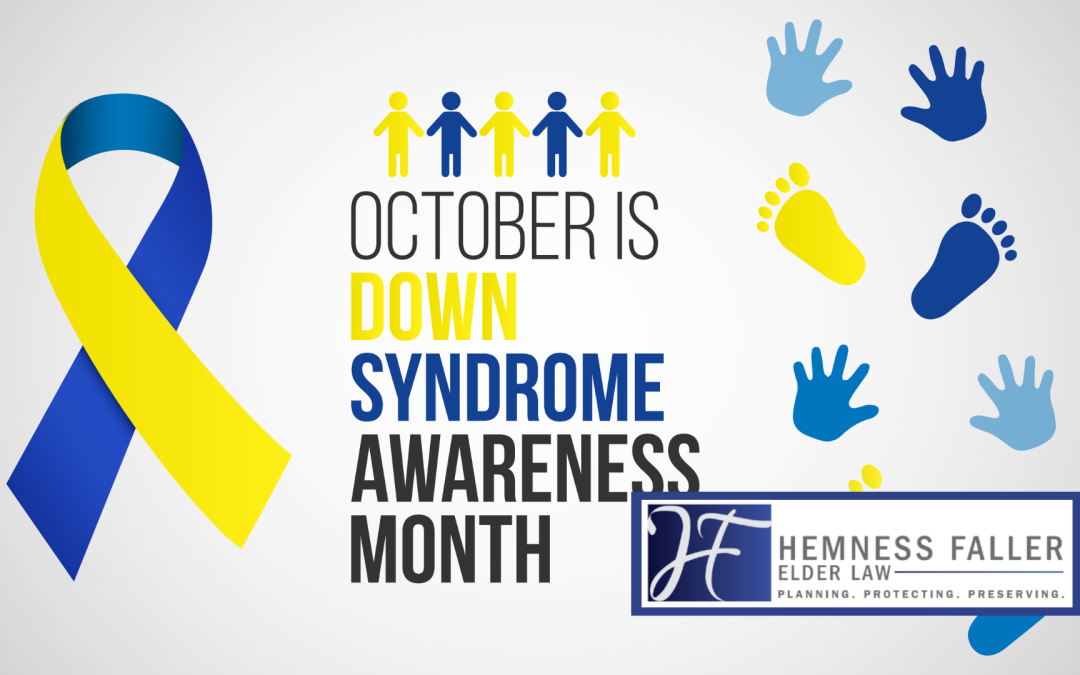Do you have an elderly or disabled family member who is being cared for by a member of your family? Have you ever stopped to think about how much your family caregiver does for your elderly or disabled loved one and your family? November is the perfect time to begin recognizing the important role your family caregiver plays because it is National Caregivers Month. In addition, the month is dedicated to recognizing not only the role the family caregiver plays in the lives of his or her family but also in society as well. At the same time it is also vital to remember that caregivers need to care for themselves as well. Too often, caregivers are stretched so thin that they are unable to set aside the time they really need for self care. Let us take some time here to discuss how you can help support and care for the family caregivers in your life.
Volunteer for a caretaking shift. A caregiver, of course, spends all day caring for an elderly or disabled loved one, which then leaves him or her with little or no time for him- or herself. One of the best ways to support a family caregiver is to offer your time by volunteering for a caretaking shift. If you are unable to provide a family caretaker with your time, either due to your location or something else, then consider helping financially by paying a professional caregiver to come in once a week to give the caregiver time.
Help with chores. Is your family caregiver a member of the “sandwich generation” and in addition to providing care for your elderly or disabled family member, also raising young children? That means they probably do not have a lot of extra time. Family members could help by mowing the lawn, grocery shopping, picking up the kids from school, or even making lunch or supper once a week. What may seem like a small amount of time or chore to you can be a bigger help than you know to a family caretaker.
Talk about long-term care. Another great way to support a family caregiver can be by making sure the family member he or she is providing care for has a long-term care plan. Sometimes, a person’s needs will eventually end up exceeding a caregiver’s ability to adequately provide the necessary care and support the person requires. Paying for long-term care, however, can be quite costly and that is where long-term care planning can be helpful.
Do you or someone in your family need long-term care planning? Do not wait to contact our office today to schedule an appointment.






